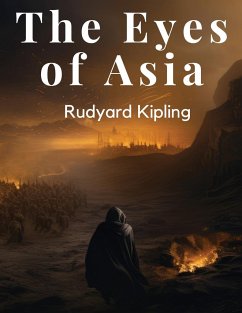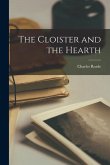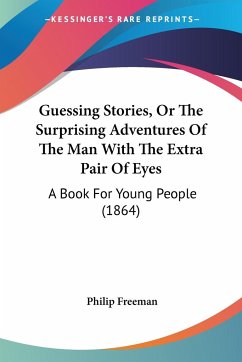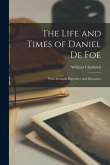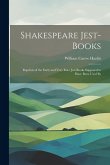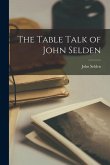Explore the poignant and humanizing perspectives of the Great War with "The Eyes of Asia" by Rudyard Kipling. Published in 1918, this collection of four fictional letters offers a unique and deeply personal look at World War I through the eyes of Indian soldiers who served in the British Army. Kipling's empathetic and vivid storytelling provides a powerful glimpse into the experiences and emotions of these men far from their homeland. "The Eyes of Asia" is a testament to Kipling's ability to capture diverse voices and experiences. The letters are written as if by Indian soldiers to their families back in India, offering a rare insight into their thoughts and feelings as they navigate the horrors of war, the cultural dislocation, and their reflections on the events unfolding around them. Each letter is imbued with a sense of authenticity, drawing on Kipling's extensive knowledge of Indian culture and his own experiences as a journalist and writer. The collection opens with the letter of a Sikh soldier, whose pride in his regiment and duty to the Empire is tempered by the brutal realities of the battlefield. His observations reveal a mix of admiration for British discipline and bewilderment at the sheer scale of the conflict. Through his eyes, readers gain an understanding of the loyalty and bravery of Indian troops, as well as their unique cultural perspective on the war. In the subsequent letters, Kipling delves into the personal and emotional landscapes of his characters. One letter recounts the experience of a Muslim soldier who reflects on the spiritual and moral implications of the war, while another describes the poignant farewell of a Hindu sepoy to his fallen comrades. Each narrative is rich with detail, capturing the nuanced interplay of cultural identity, duty, and the universal human experience of suffering and resilience. Kipling's "The Eyes of Asia" is not only a tribute to the valor and sacrifices of Indian soldiers but also a meditation on the broader impacts of war. His empathetic portrayal highlights the shared humanity of all those caught in the conflict, transcending national and cultural boundaries. Perfect for readers interested in World War I, colonial history, or the literature of Rudyard Kipling, "The Eyes of Asia" offers a deeply moving and thought-provoking reading experience. It serves as a reminder of the diverse voices that contributed to the war effort and the enduring power of storytelling to bridge cultures and convey the profound realities of human experience. Join Kipling on this intimate journey into the hearts and minds of those who witnessed the Great War from the unique vantage point of the Indian subcontinent.
Hinweis: Dieser Artikel kann nur an eine deutsche Lieferadresse ausgeliefert werden.
Hinweis: Dieser Artikel kann nur an eine deutsche Lieferadresse ausgeliefert werden.
